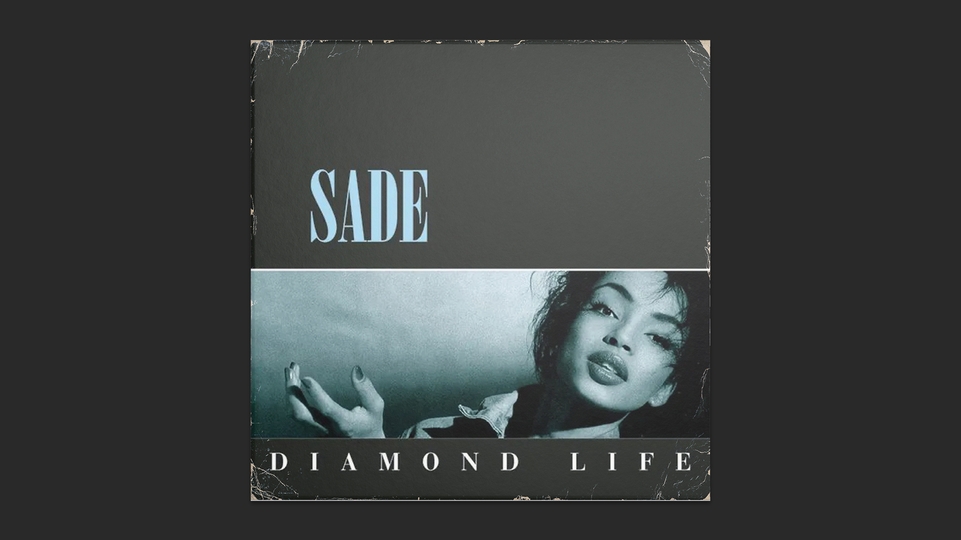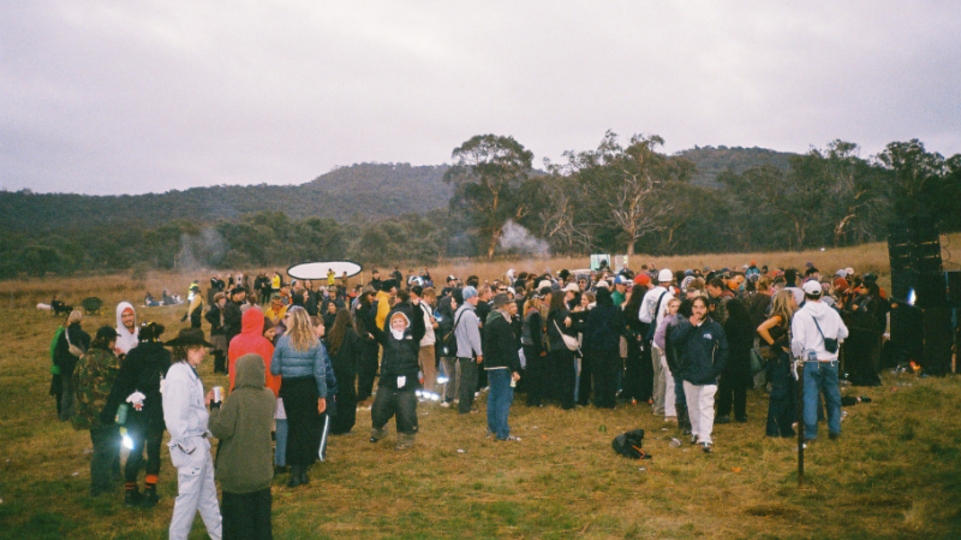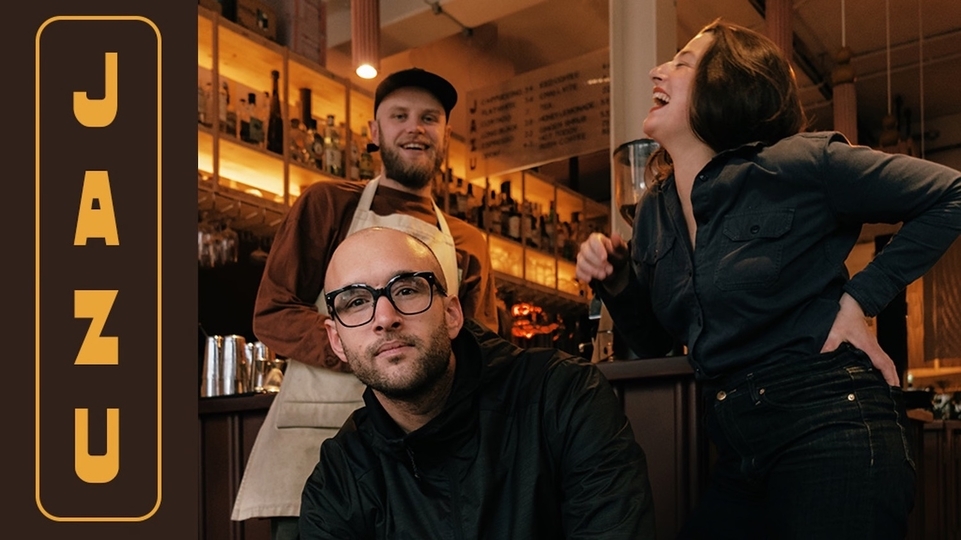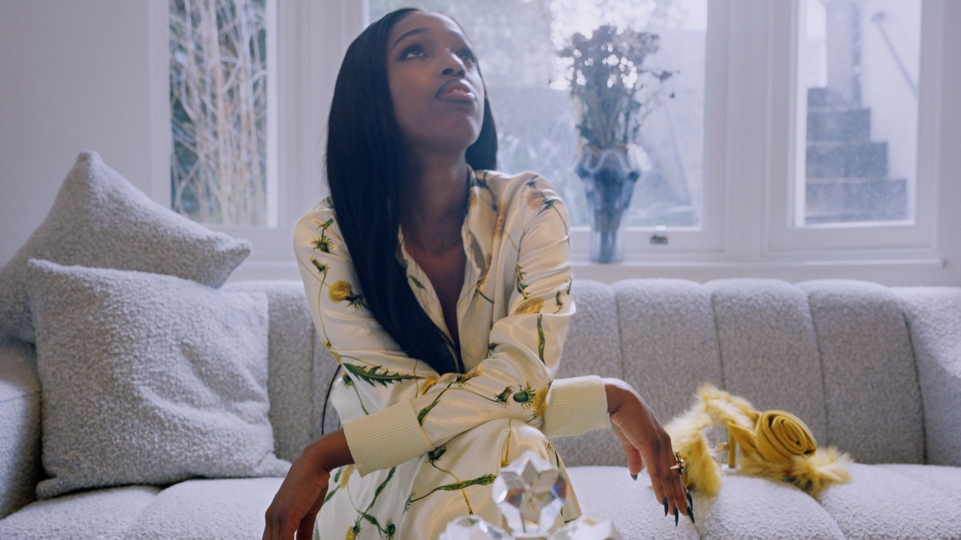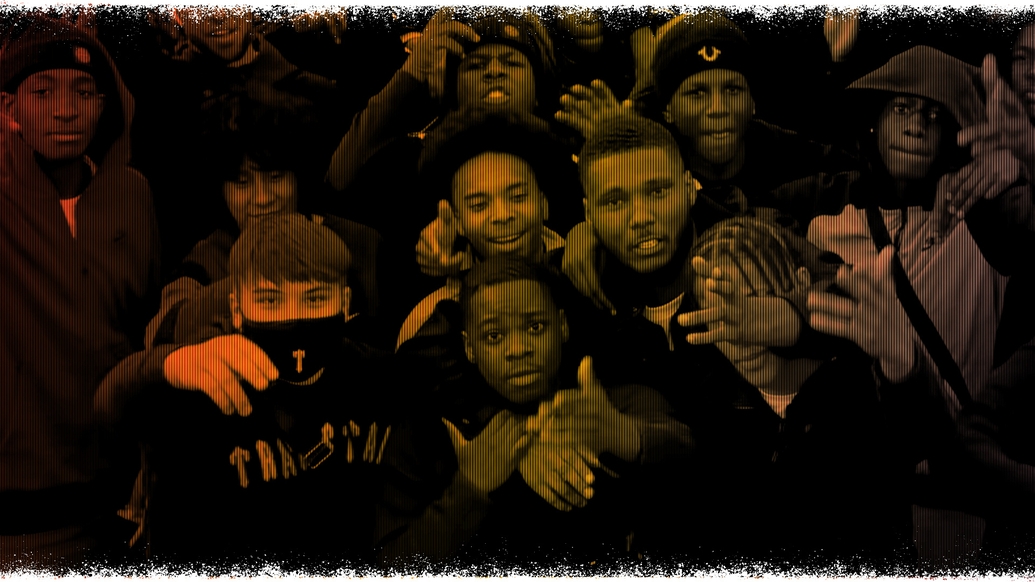
The evolving sound of UK drill
In a few short years, UK drill has changed significantly. After a small number of producers that pioneered the sound left indelible marks on its production, a new wave are now putting their own stamp on things, drawing influence from increasingly unexpected sources. Afrobeats, grime, bashment, R&B, ’80s pop — it’s all been ripe for sampling and little seems off limit. In this creative gold rush, there’s never been a better time to be a fan. James Keith speaks to some of UK drill's most influential producers to discuss how its sound is changing, and an exciting future for the sub-genre
Depending on who you ask, UK drill has two birthdays — when drill came to the UK, and when UK drill began. The first was in 2014. As grime was enjoying its latest renaissance, something new was happening in South London. It started with the conflict between Brixton Hill’s 67 and Angel Town’s 150, when the crews employed Chicago drill productions, popularised by Chief Keef, Fredo Santana and Yung Chop in the early 2010s. The second is harder to pin down, but came gradually over the next couple of years, when UK producers put their own spin on the Chicago sound.
“We needed drill,” North London producer Bkay tells DJ Mag. “Before that, it was pop music, some hip-hop and Afroswing, and it was all good, but it’s not what the hood wanted. We wanted something from the gutter.”
In just four short years, drill has grown and evolved significantly. From within the scene, producers have been drawing influence from increasingly unexpected sources. Afrobeats, grime, bashment, R&B, ’80s pop — it’s all been ripe for sampling and little seems off limit. Meanwhile, outside forces from other genres are taking their own, disparate perspectives, and putting their stamp on the drill sound. The pace of this progression and experimentation is quickening almost by the day. In this creative gold rush, there’s never been a better time to be a fan.
What is the core sound of drill? For Bkay, it’s simple: “Number one, the ‘percussion step’ or ‘hi-hat step’. That 1-2-2.” Then comes the sliding, woozy bass sound credited to early pioneers like L.A Beats, 808Razz, Mazza Beats and QuietPVCK. “Number two, the L.A slide isn’t a necessity, but most people like it. Then your kick needs to be punchy.” Above all, “just make sure it’s not over-complicated.”
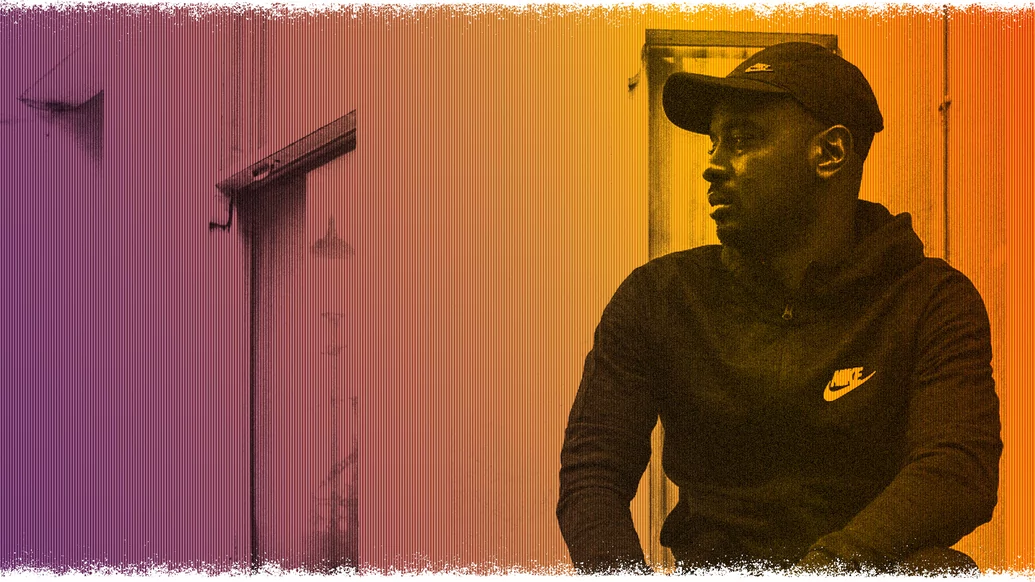

“The basics in drill are more established than they were in grime. We know where it came from, so we don’t have to control it so much” — Carns Hill
Four producers have left indelible marks on the sound of UK drill. Brixton’s Carns Hill, a veteran producer of late ’00s rap, was one of the first to dabble in drill, when he worked with 67 on those formative 2014 releases. MKThePlug — often in collaboration with M1OnTheBeat and as part of The Brigade network — is credited with raising drill’s tempo and adding grimey bass sounds and garage drum patterns.
Similarly, Bkay is credited with injecting drill with grime’s club-ready energy, and the pitched- and chopped-up R&B vocal samples associated with garage. Then there’s Ghosty who, despite being just 15 when UK drill emerged, has quickly risen to the top thanks to viral hits like Digga D’s ‘No Diet’, and is one of the key reasons why the UK iteration has grown on another, serious drill audience, New Yorkers.
Even before drill hit the UK, Carns Hill was constructing dark, ominous rap and trap instrumentals for artists like Blade Brown and Youngs Teflon, as well as his own ‘O.T’ series of tapes, that were steeped in melodrama and moody minimalism; something that would guide his experiments with 67. “They were always doing music, releasing videos,” he remembers about 67. “I wanted to create a new sound [that] reflected what they were listening to and how they were spitting. I was watching the video for ‘It’s Frying’ and they were so sick, but they were mostly jumping on Chicago beats. I thought, ‘If they were given their own sound, the sky’s the limit.’”
Hill worked with 67 to put their own stamp on the Chicago sound, slowing the tempo down to 134 BPM (or, when halved, 67 BPM) and digging for unexpected samples to decorate the pitch-black atmospherics. Take the bleak grandeur of 2015’s ‘Skengman’ (created at the height of their conflict with 150, who subsequently appropriated the beat for ‘4 Door Truck’) or, later, the Middle Eastern vocal samples of 2017’s ‘Waps’.
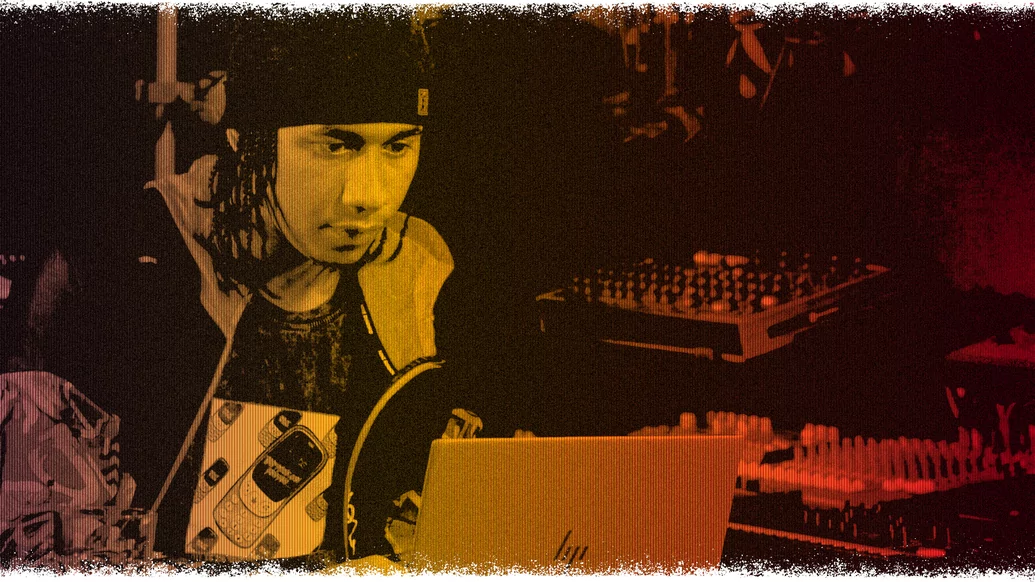
“Man literally had to fly all around London, linking different producers, to find out how to do it. There wasn’t much to expand on because we were all feeding off each other” — MKThePlug
By 2016, although mired in tabloid controversy surrounding alleged connections to the UK’s knife crime epidemic, drill was finding positive traction in the music press, and the newly-minted sound was beginning to produce its first major league hits. Harlem Spartans’ Loski marked himself out as an early breakout star while 67 younger R6 stormed the scene with ‘redruM Reverse’ (currently sitting at 12.8million YouTube views).
Krept & Konan entered the fray, joining Abra Cadabra for ‘Robbery Remix’ (23.6million views) and, most crucially, Giggs gave the scene his blessing and one of its most celebrate anthems, when he joined 67 on ‘Let’s Lurk’ (now sitting at nearly 20 million YouTube views).
While grime’s latest wave enjoying a boom, some of its biggest stars, like Chip, were hailing drill as the real sound of the streets. Drake was quoting Harlem Spartans lyrics on his Snapchat and, infamously, joined Section Boyz (now Smoke Boys) on stage at London’s Village Underground.
Despite that support, one criticism plagued its artistic credibility — that its beats and bars sounded “samey”. For MKThePlug, this “samey”-ness was understandable given the circumstances. “When I started producing in 2015, there was literally one tutorial on YouTube for making drill beats and it wasn’t even up to date,” he says. “Man literally had to fly all around London, linking different producers, to find out how to do it. There wasn’t much to expand on because we were all feeding off each other.”
For Carns Hill, this period of closeness was absolutely necessary. The popularisation of the 808 slides, clicking drums, ominous atmospherics and spacious arrangements created a following. Then, as it reached critical mass, change was inevitable. “When you have those periods, you always get that person to stand up, push that first big change and open everyone’s eyes,” Hill says. “The basics in drill are more established than they were in grime. We know where it came from, so we don’t have to control it so much.”
After the basics — the “1-2-2” triplets, punchy kick drums and sliding 808s — were set in stone, producers became more confident in drill’s identity, and in bending its rules. Tempos could be sped up, sample choices could be more adventurous, and genres like grime, garage, Afroswing and R&B could be mined for influence. Change was subtle and gradual, but track-by-track, UK drill was becoming distinct from its Chicago roots.
MKThePlug believes that a pivotal moment came in 2017, when he and The Brigade figures Sapphire and GottiOnEm began to raise the BPMs. “We were trying to add a bouncy vibe to it,” he tells us. “When you speed up the beats it gives them more swing. Typically, the beats were around 140-144 BPM, but we started making beats at 146-149 BPM, and using different types of percussion for the rolling hi-hats. It changed the bounce completely.”
From there, they began to fold in grime and garage. “If we take it back to 2017, when I co-produced ‘Golden Boot’ for Headie One and ‘Take That Risk’ with M1 for CB: we were using the basslines as a melody, the percussion was getting more complex and layered, and we were changing the pitches of the percussion,” says MKThePlug. “We sliced up the notes and made them roll more. When I listen to my old beats, it was all building to what I’m making now. Everything I’m putting out now is bouncier, more upbeat.”
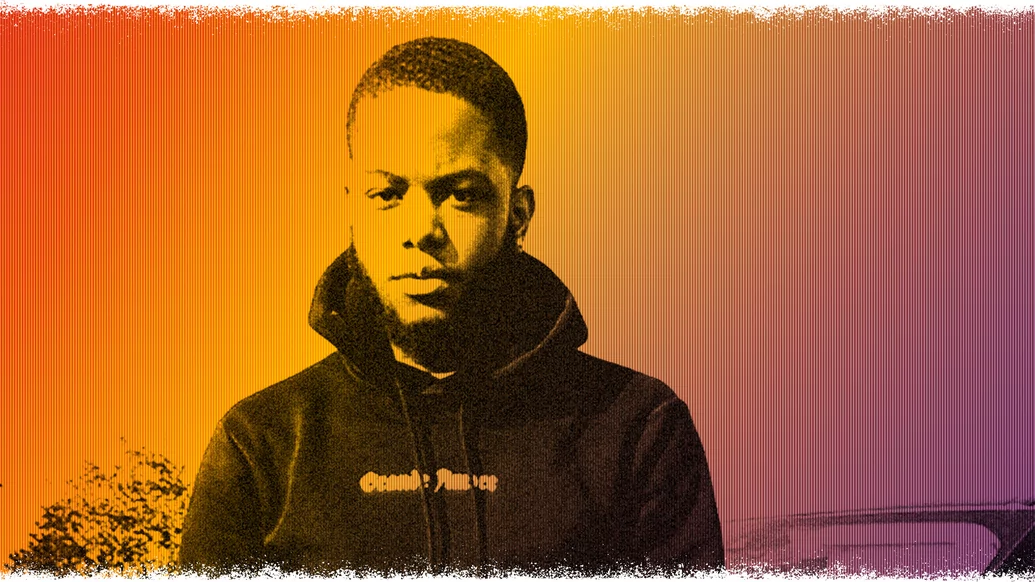

“I want more weird shit and I want people to start singing on drill beats. I want love songs in drill and I want to hear different BPMs” — BKay
“If we bring it up to this year,” MKThePlug continues, “the ‘Year of the Real’ and Dutchavelli’s ‘Surely’ beats I produced — that’s where the sound of 2019 came through, with the higher tempos. Even though ‘Year of the Real’ wasn’t a high tempo — it was 143 BPM — that was when we started mixing in the faster percussion from grime and garage.”
More recently, rappers like Coventry’s Pa Salieu, who featured on ‘Year of the Real’ alongside M1llionz, Meekz and Teeway, are calling on producers to take on more Afroswing influences. Pa Salieu exploded onto the drill scene with ‘Frontline’, an auspicious debut that saw him partner with North West London’s Jevon; applying drill’s drum sounds to Afroswing rhythms, rounding out the bass sounds to give them more warmth and depth.
In May this year, Pa Salieu struck gold with his double A-side ‘Betty’ and ‘Bang Out’. Both tracks were produced by duo AOD and Felix Joseph, whose ingenious use of a sample from ‘Ghosts’ by ’80s band Japan made ‘Bang Out’ turn heads. Both tracks also wove elements of grime into the mix, with noisy bass stabs and sparse rhythms. Since then, those elements in Pa Salieu’s sound are getting louder and louder. This month, Pa Salieu and BackRoad Gee recently released ‘My Family’, fuzzing the boundaries between grime and drill.
“A lot of us grew up on grime,” says Hill, “and you can hear it in the drill tunes. For me, Bkay bridges that gap between old school grime and drill with his samples.” Ghosty agrees. “There’s a lot of grime and garage influences now — especially after Bkay did M1llionz’s tune, ‘B1llionz’.” Taking snippets from Mahalia’s 2019 hit ‘Do Not Disturb’ and pitching them up, Bkay created something reminiscent of Channel U-era grime and garage — a tune crying out to be played unreasonably loud from the back of the bus.
From the other side, funky house duo Ill Blu have found success within drill. In March, they injected a garage feel into Bandokay and Double Lz’s ‘Magic’, and in May, they sampled dancehall legend Vybz Kartel for a collaboration with Unknown T and M24, ‘DUMPA’. “I can’t lie, the ‘DUMPA’ beat is hard,” Bkay admits. “I like that vocal sample. The drums aren’t strictly... It’s not how I’d do it, but it’s hard. Only certain producers could come in like that. As long as they’ve got the core elements down, there’s no issue for me.”
Along with grime, garage and Afroswing, the most recent genre to be teased into drill is R&B. Carns Hill and Bkay in particular have been using R&B to reveal drill’s potential for melody: Hill is more overt, applying drill beats to R&B songs and working with R&B singer Tara Mills; Bkay has a different approach, using brief vocal and piano snippets to give the beats a pronounced melancholy. In this, they’re ahead of others in the game.
“The only person using vocal samples at the time was 808Melo,” Bkay tells us, “but not in the same way. I would get vocal samples, use Fruity Slicer and chop them up into one loop; so it’s going through the song like a chorus, giving the beat another dimension, that excitement.”
He thinks that this is just the beginning, and that more melody in drill can only be a good thing. Where drill had once separated itself from trap and its Chicago counterpart with its darkness, producers have begun to pierce that bleakness with melody, creating unsettling juxtapositions. Carns Hill’s chilling orchestral experiments on LD, Dimzy and Monkey’s 2016 track ‘Violence’ hinted at this, and you can draw a direct line from there through to V9’s 2019 track ‘Kids Next Door’, produced by S.K.I.T.Z Beatz.
The autotune sheen of trap is also creeping back in. Da Beatfreakz recently teamed up with Dutchavelli, DigDat and ‘Jumanji’ crooner B. Young to exploit the latter’s trap-suited melodies, whilst Block6’s Ghostface600 is one of UK drill’s breakthrough stars of 2020. Elsewhere, 98s put Billy Billions unmistakeable singing at the forefront of tracks like 'Family' and 'Wait a Minute' from their recent 'Class of 98s' mixtape, and French The Kid has been a breakout star with his ability to flip between spitting bars and singing, delivered effortlessly in English and French. “I’m waiting for that one person to establish the R&Drill sound,” Bkay continues. “That’ll be the next wave. I want more weird shit and I want people to start singing on drill beats. I want love songs in drill and I want to hear different BPMs.”
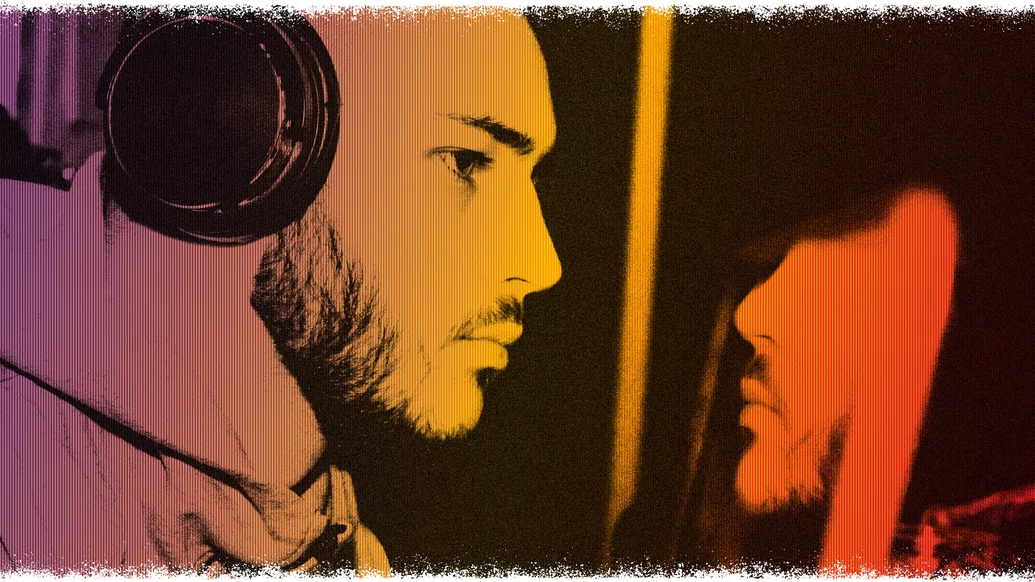
“I knew they wanted to hear the violins and the Pop Smoke type beats, but I pushed the darker sound... which is why I work so well with 22Gz” — Ghosty
Just as grime pioneers like DaVinChe and Terror Danjah started chopping up R&B snippets and working with vocalists like Ny, Bkay and Carns Hill are taking the lessons learnt in those experiments and applying them to drill. Bkay’s productions for Digga D’s ‘No Porkies’ and Krept & Konan’s ‘I Spy’ are from R&B by any definition, but there’s a parallel between them and, say, DaVinChe’s ‘The Lost Time’ or even Ruff Sqwad’s ‘Together’.
In the past 18 months, drill has come full circle, being exported back to the US with a UK flavour. A new wave of Brooklynites, like 22Gz and the late Pop Smoke, have worked with UK drill producers: 808Melo, CZR, AXL Beats, Ghosty and others have flown out Stateside for the assist. For Pop Smoke, drill’s darker elements were tempered with auto tune melodies and a liberal use of orchestral strings.
For artists like 22Gz, whose ‘Suburban’ parts 1 and 2 have propelled him, it was the opposite. “The beats Americans generally want are the same that we’re making out here,” Ghosty tells us. “I knew they wanted to hear the violins and the Pop Smoke type beats, but I pushed the darker sound. 22Gz uses the dark sound, which is why I work so well with him.”
In terms of creative boundaries, the immediate future could be a Wild West period for drill. “There’s no real limits to it now,” MKThePlug insists. “The more expansive it gets, the better. There’s so many ways drill can be made with all the different elements.” The strength of US hip-hop, what’s kept it dominating since the ’90s, is that it had so many strains — from boom-bap to g-funk, and the sound of the ‘Dirty South’. When one style hints at fading from view, another is already on the rise. If drill keeps diversifying — by adopting Afroswing, grime, garage or R&B — that’ll be it’s strength, too.

